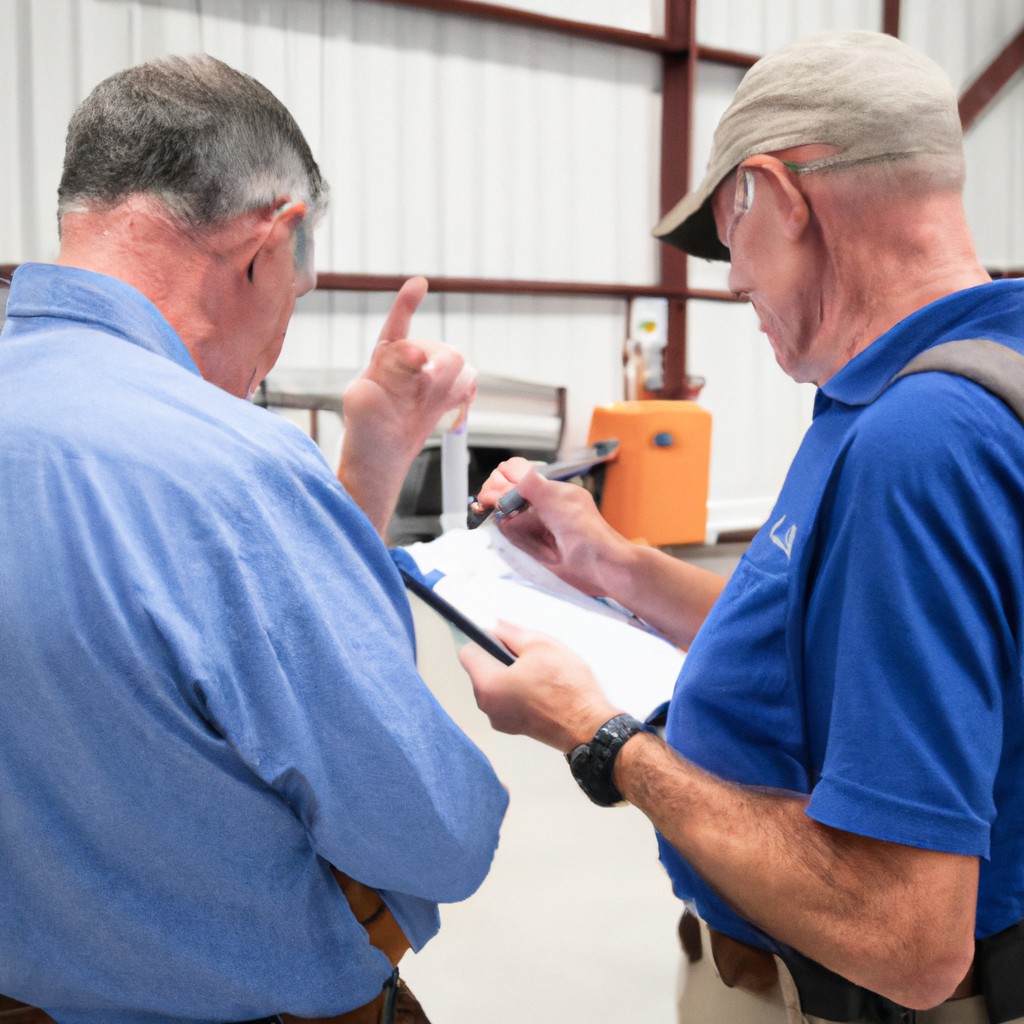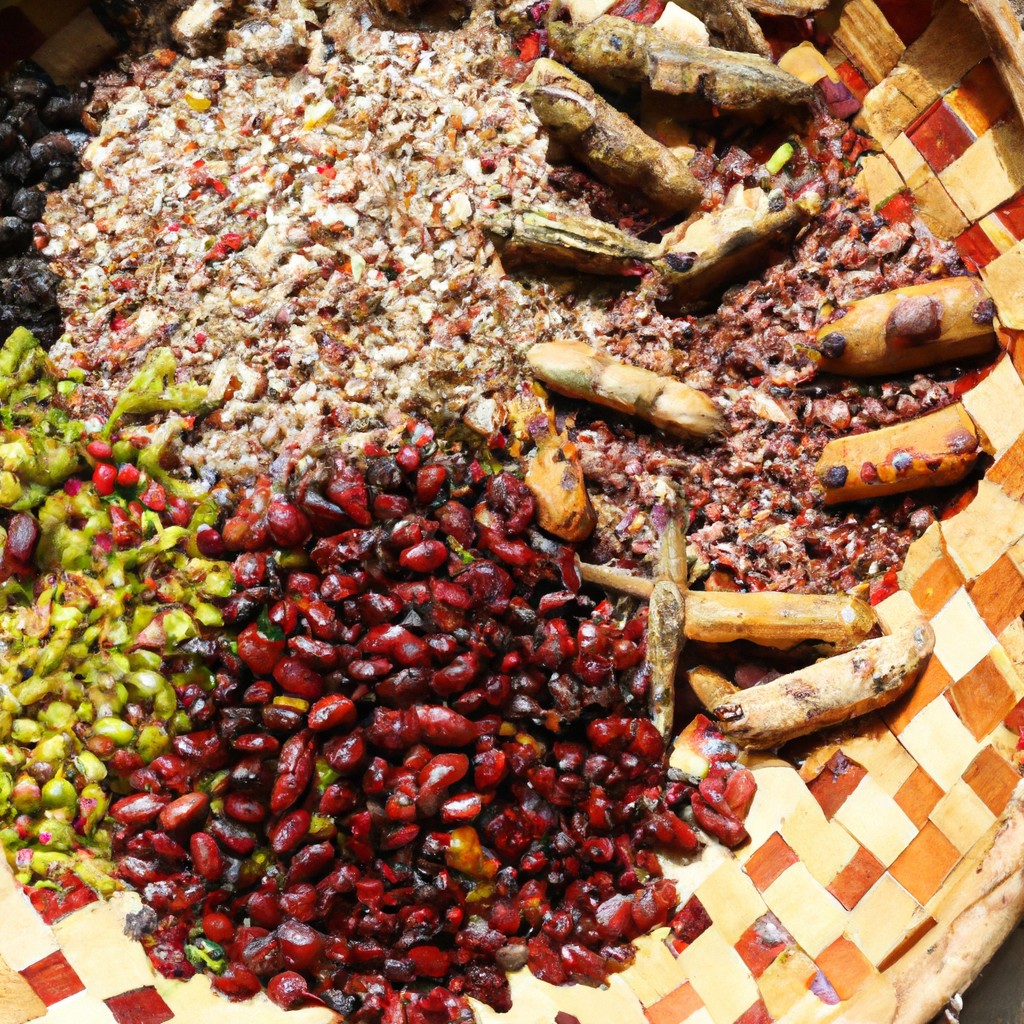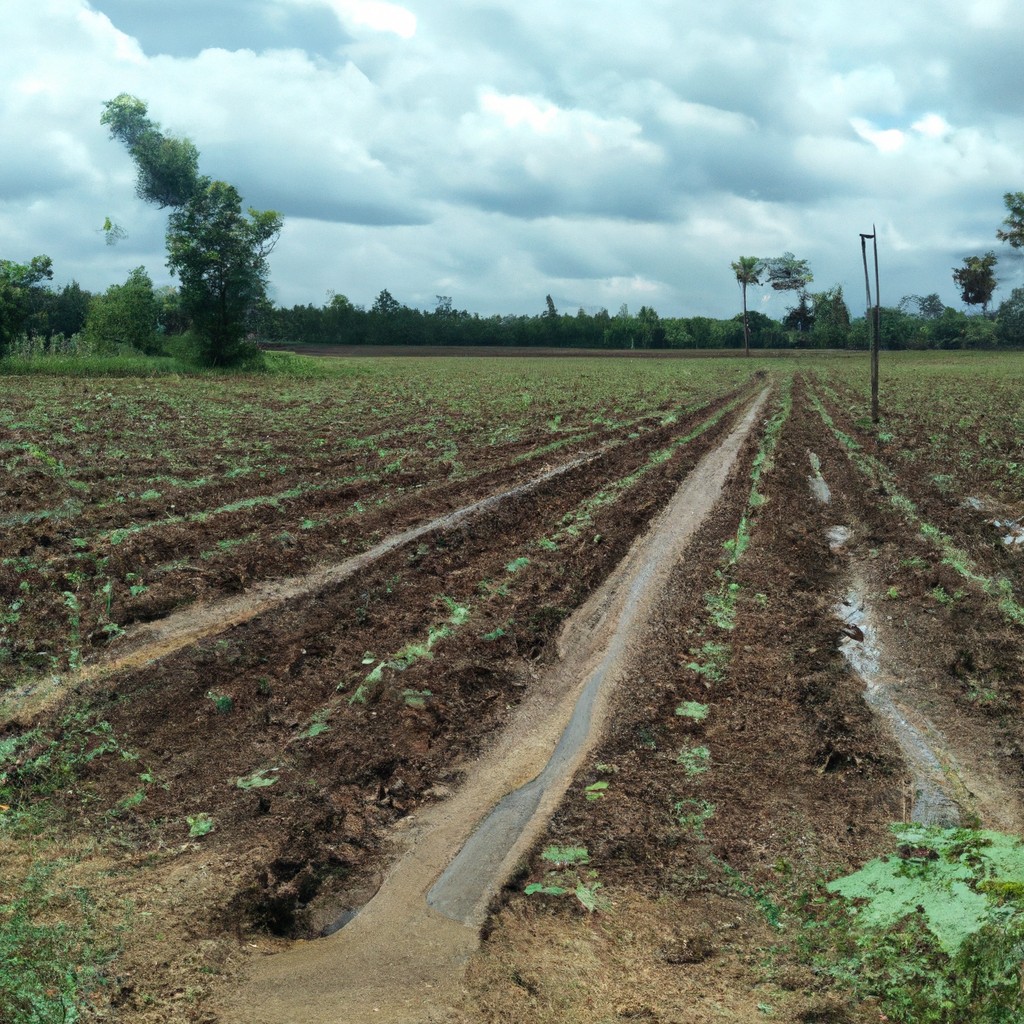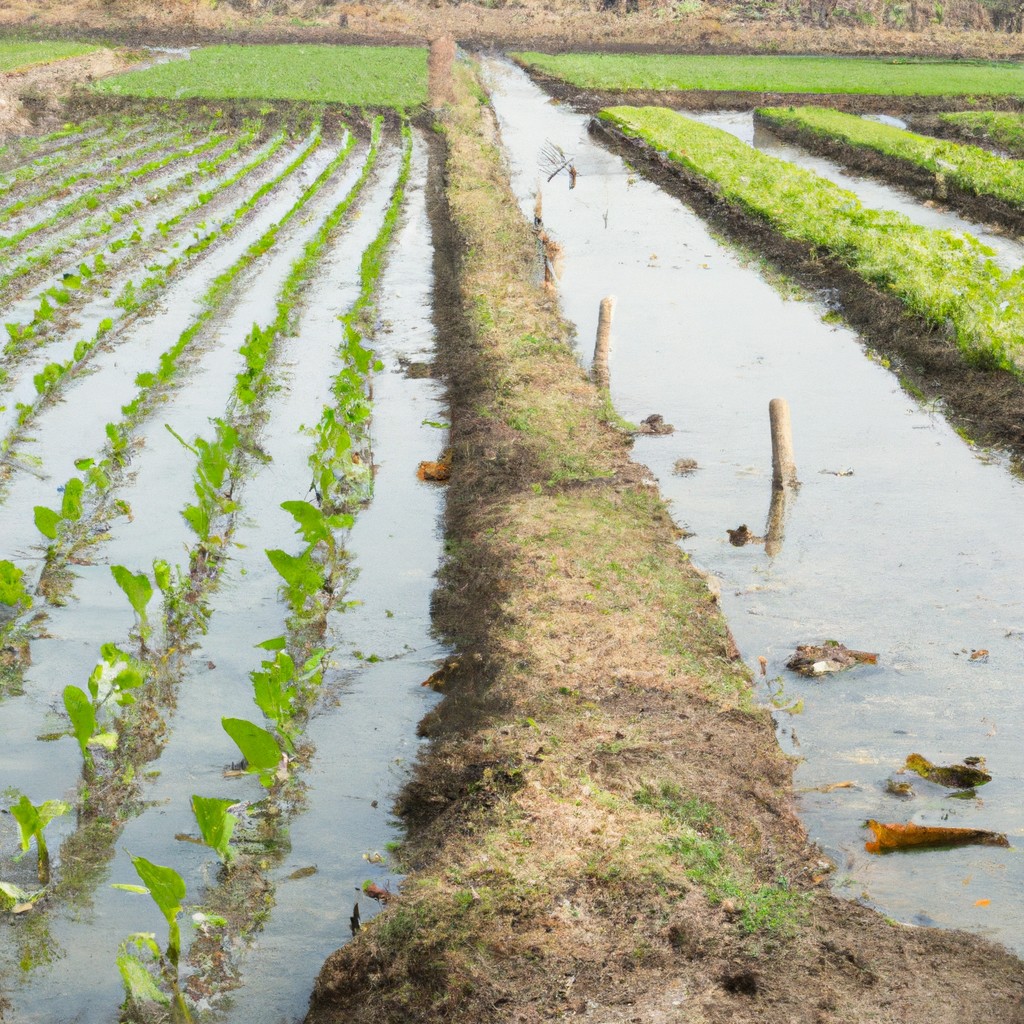Discover a variety of agricultural careers that blend traditional practices with innovative techniques to fuel the future of farming.
Look Inside:
Agricultural Engineer
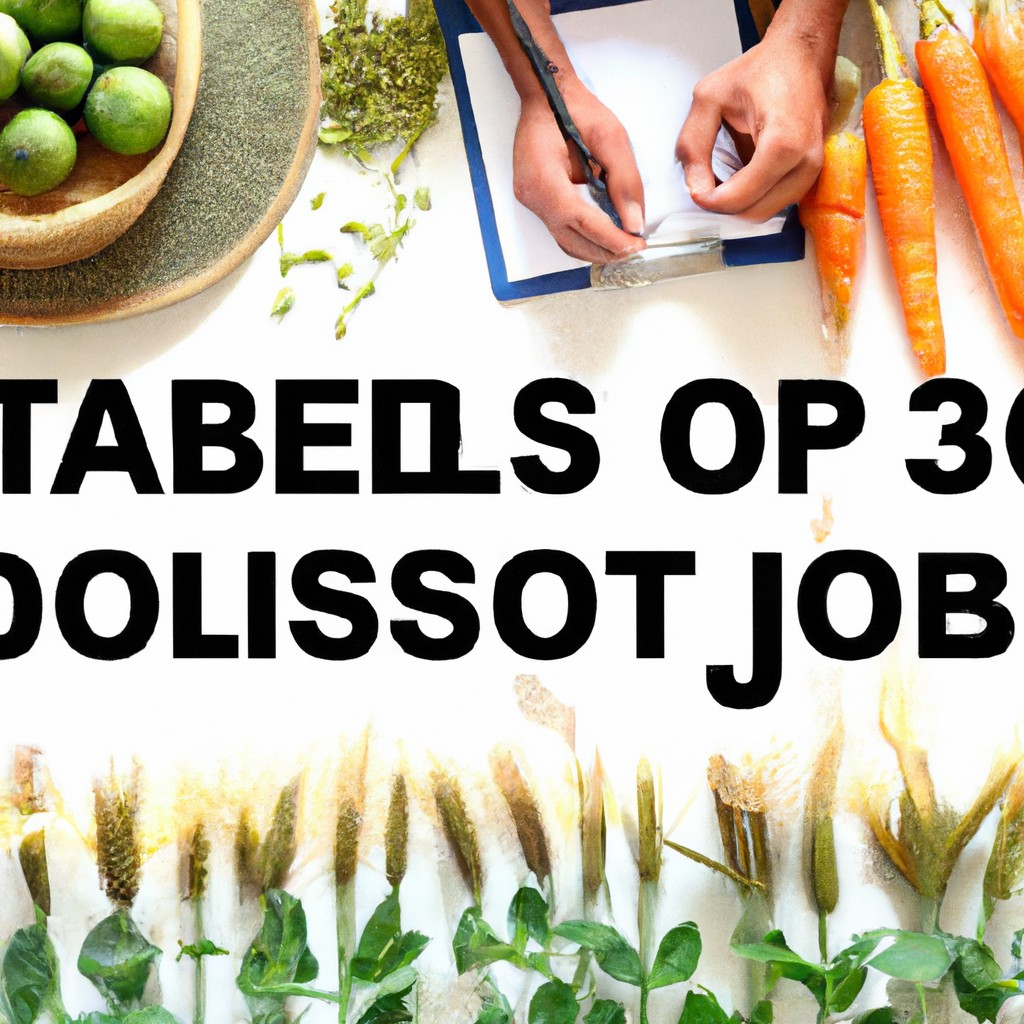
Bridging the gap between farming and technology, these innovators design machines, structures, and systems that boost crop yields and reduce labor. They might conjure up a high-tech irrigation system that saves water while keeping fields lush. Or dream up the next big piece of farm equipment that could revolutionize seed planting. Their work isn’t all about inanimate objects, though. They also tackle environmental challenges, finding savvy ways to reduce erosion and protect waterways from the byproducts of farming.
Harnessing the power of computer software, an agricultural engineer will analyze harvest data to create smarter machinery, leading to less waste and higher output. Ever heard of a tractor that can steer itself? You can thank the forward-thinking minds in agricultural engineering for that gem. And when Mother Nature throws a curveball, these pros are there, sleeves rolled up, ready to mitigate the impact of droughts, floods, and pests.
Their days could bounce from an open field to a cozy office, sketching designs or simulating weather patterns on a computer. It’s not all about the lone wolf; teamwork is vital, too. They’re often seen collaborating with agricultural scientists, farmers, and environmentalists to sow the seeds of a food system that’s as resilient as it is productive. Put plainly, agricultural engineers keep our plates full and our farms flourishing.
Veterinarian
Decked out in lab coats rather than overalls, veterinarians are the doctors of the farming world, bringing expertise in animal health and welfare. Their days can include a mixed bag of tasks, from routine check-ups on dairy cows to emergency surgeries on injured horses. In this career, compassion meets science, as vets play a pivotal role in both individual animal care and the management of herd health.
In the agri-sector, these animal aficionados aren’t just confined to clinical settings. They often wear the hat of an educator, advising farmers on best practices for disease prevention and animal nutrition. Knowledge of biosecurity measures is a must, because a healthy farm is like a well-oiled machine.
On the front lines, fighting against the spread of diseases that can leap from critters to people, they’re not just vets; they’re public health guardians. Stethoscope in hand, they can mean the difference between a flourishing farm and a floundering one. They work not just with animals, but with people and technology, often using sophisticated diagnostic tools to get to the heart of complex medical issues.
Each day brings new challenges and the need to keep abreast with the latest veterinary developments and farming technologies. Sterling communication skills help them translate the medical jargon into farm-friendly directives. Whether they’re vaccinating chickens, delivering calves, or testing for pathogens, vets are integral to the resilience and sustainability of our agricultural ecosystems.
Agricultural Financial Representative
Mastering the greenbacks in the green fields, these savvy professionals are the silent heroes of farm economics. They translate the complex language of finance into bountiful harvests. Imagine navigating the intricacies of loans, subsidies, and grants—without breaking a sweat! They’re like the guardians of the grain, ensuring that crops and coins flourish together.
Ever faced a mountain of receipts after a market haul? Multiply that by a hundred, and you’ll get what these folks juggle daily. By managing budgets and analyzing market trends, they make sure every penny counts. And when disaster strikes, whether it’s drought or price drops, they’re the ones with a plan to make sure the farm weathers the storm.
They don’t just crunch numbers; they knit safety nets out of spreadsheets and forecasts. Picture them as the farm’s financial first-aiders, ready to patch up a profit loss or breathe life into a business plan. In their world, ‘risk’ is just a four-letter word for ‘challenge’.
Food Scientist
The quest for nourishment that’s both mouthwatering and nutritious has turned food scientists into unsung heroes. Picture them as the architects of our daily bread, working behind the scenes to conjure up the next hit in the snack aisle or to fortify our morning cereal with vitamins. Armed with beakers and a knowledge of chemistry that would make your high school teacher proud, they experiment with flavors, textures, and preservation methods.
Here’s the scoop on what a day in the lab coat might involve—examining crops and livestock products to set safety standards. The aim? Combating food-borne illnesses with a side of ensuring Fluffy gets the right balance of nutrients in her kibble.
And that’s just a taste of the role. Food scientists are also the champions of sustainability, constantly tinkering away at packaging and production practices that favor mother nature. They take innovation to the fields, empowering farmers with data to produce bumper crops with minimal waste—think high-tech meets the veggie patch.
Having a knack for solving riddles? The industry needs bright sparks to unlock the complexities of nutrition and give us the lowdown on what’s really on our plates. Drawing from a smorgasbord of disciplines, the role is about sprinkling a dash of science in every bite, keeping taste buds tickled and bodies well-fueled.
Precision Agriculture Specialist
Harnessing technology to increase farm efficiency and production, Precision Agriculture Specialists are the maestros of modern farming data. They use GPS, drones, and other cutting-edge tech to monitor crop health, manage resources, and guide decision-making on the farm.
Their work boots are often swapped for lab coats as they analyze soil and yield data. This information guides their advice on planting strategies, irrigation plans, and the precise application of fertilizers and pesticides, helping reduce waste and increase sustainability.
They often collaborate with farmers, agronomists, and technology developers, becoming the linchpin in optimizing agricultural operations. What’s more, they’re quick to adapt, always keeping an eye on the latest trends and technologies to ensure our food systems are future-ready.
A pinch of curiosity, a dash of tech-savviness, and a deep respect for Mother Nature are the essential spices in the Precision Agriculture Specialist’s pantry. By marrying tradition with innovation, they’re helping chart the course for a greener, more fruitful future in farming.
